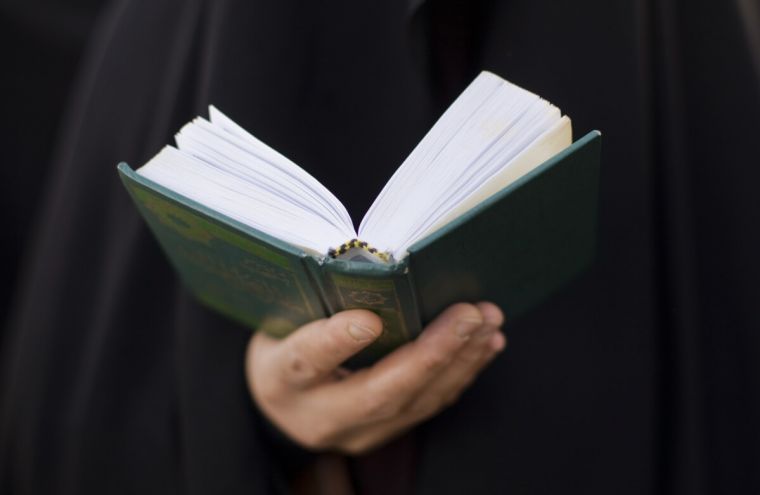Why is a retired Catholic Archbishop making it his life's mission to teach the Koran?

A retired Catholic Archbishop is making it his mission in life to teach students about the Koran.
Archbishop Michael Fitzgerald, former head of the Pontifical Council for Interreligious Dialogue at the Vatican and a former papal nuncio to Egypt, believes the Koran can inspire Christians in many ways and help to deepen their faith.
Archbishop Fitzgerald, from Walsall in the West Midlands in the UK, has also been using his retirement to lead Christian retreats on the different names used for God in Islam. He compares them with the many names for God in the Bible.
In a recent lecture at Notre Dame university in the US to mark 50 years since Nostra Aetate, the Second Vatican Council's declaration on relations with non-Christian religions, Archbishop Fitzgerald, who is fluent in Arabic, emphasised the importance of interfaith dialogue and understanding.
He said: "Religion, relayed by inter-religious dialogue, can provide the right atmosphere in which conflicts can be involved. Efforts can be made towards greater respect for all individuals, and the goal of harmony and peace be brought nearer."
He said Christians were not expected to combat other religions or oppose their religious and cultural expression. Their aim should be "to seek to appreciate and defend the spiritual and moral values enshrined in them."
Nostra Aetate says non-Christian religions should be respected not simply because those who adhere to these religions deserve respect, but because these religions themselves contain truths that have influenced the lives of believers.
"It would be possible to assert that the different religious traditions are to be taken seriously because they have shaped the religious outlook of the people who have followed these traditions. One can't make a valid distinction between the respect due to the persons and the respect for the religion."
Because there was increasingly a view that Islam and Christian were opposed, it was important to increase the dialogue between these two faiths, he added.
"Christian-Muslim dialogue should lead to a common search for understanding, to a shared sympathy for those who are suffering and in need. A thirst for justice for all, forgiveness from wrong done, together with a readiness to recognise one's own wrongdoing... There is a constant need to educate people, conveying the true image of Islam, as many Muslims advocate, but also revealing the true image of Christianity."











